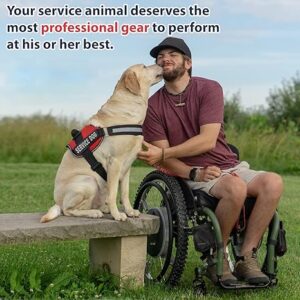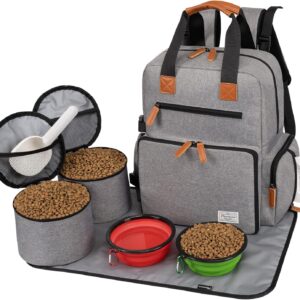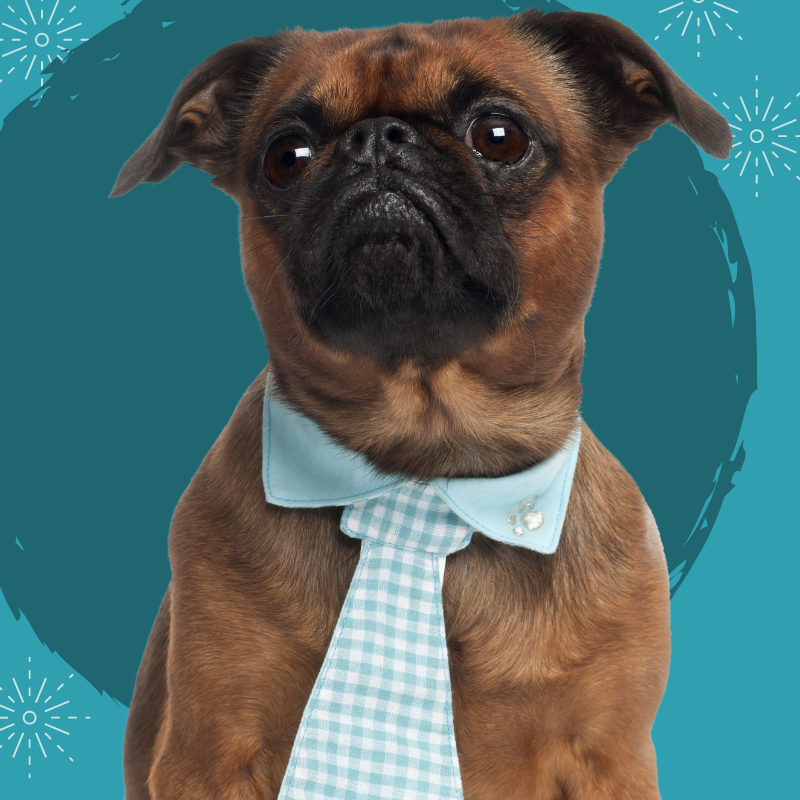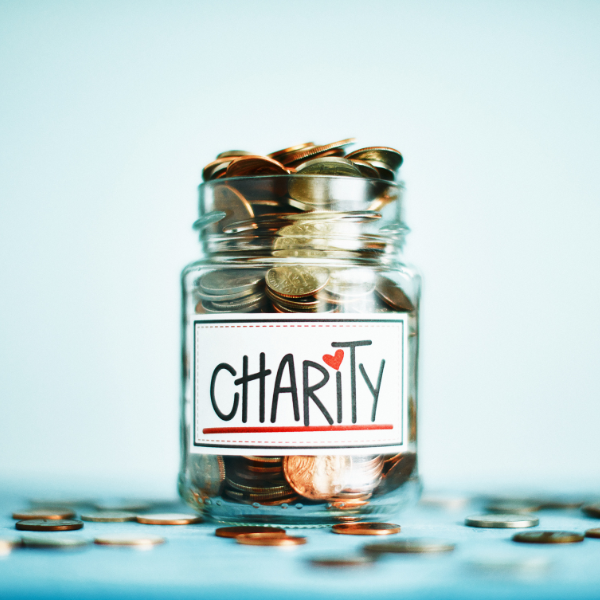Original Article | by
Sudden noises can be disruptive to your canine companion.
National holidays, while celebrated by people, aren’t always cause for celebration by pets. For them, a holiday like the Fourth of July means one thing: fireworks. Or simply put: NOISE, LOUD and SUDDEN noise. The fear of loud and sudden noise, so common in dogs, is known as a “somatic” response and it’s involuntary, producing such symptoms as trembling, rapid and shallow panting, excessive salivation, increased heart rate and blood pressure, and fleeing. If yours is a susceptible, noise-phobic dog, it may mean bearing mute witness to his extreme reactions. Fortunately, however, there are various ways to help him cope with his anxiety both before and after the fireworks have begun.

Ways to help alleviate your dogs stress.
Start by feeding and walking your dog, ensuring that he’s peed and pooped before the fireworks are expected to start. Forego the pleasure of leaving to watch the fireworks yourself and stay home. Even if your dog hides or refuses to interact with you, he’s far better off with you there than being left on his own. Keep your dog inside, close all of the windows, and block off any dog doors/flaps if you have them. Close the curtains and blinds to obscure the outside view, help buffer the sounds, and minimize the unsettling flashes of light. Keep your own lights turned on — the brighter the better since this helps to absorb the flashes.
Background noise.
Providing some background noise by keeping the TV or radio turned on at a normal (not increased) volume may be helpful as well. However, “white noise” — the continuous sound of static interference or static-type noise from appliances such as fans and fan heaters, washing machines and dryers – may prove to be even more effective than the TV or radio..
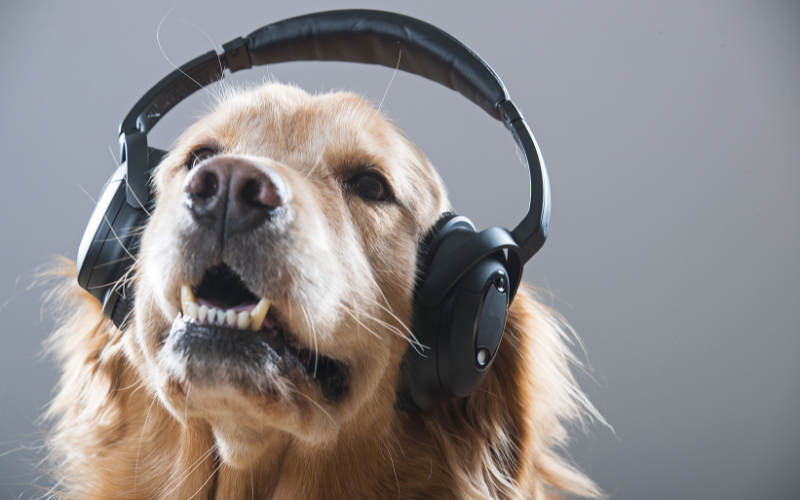
Create a comfortable safe place.
Provide your dog with a dark, comfortable place to hide – whether it’s a dog crate, the inside of a closet or a folded blanket under the bed. Being tucked away in a small, snug space allows him to feel more secure while muffling the noises outside. If your dog comes to you, ease his distress with some ear T-Touch or by gently but firmly massaging his head, neck, shoulders and back. Ear T-Touch and massage have been shown to lower heart rate and blood pressure, which, in turn, helps to relax the dog and counteract the somatic fear response.
Aromatherapy.
Another option is to buy dog-appeasing pheromones (their scent is similar to those released by nursing mother dogs), available in sprays, diffusers and collars at all pet supply stores or online. Anti-anxiety herbal and flower essence remedies also work well on some dogs. Use a form fitting body wrap, tee shirt or Thunder Shirt on your dog, These work by applying a continuous, gentle pressure over the dog’s body allowing his natural response to “move into pressure” to occur. This has the effect of lowering his heart rate and blood pressure, thereby reducing his anxiety and stress.
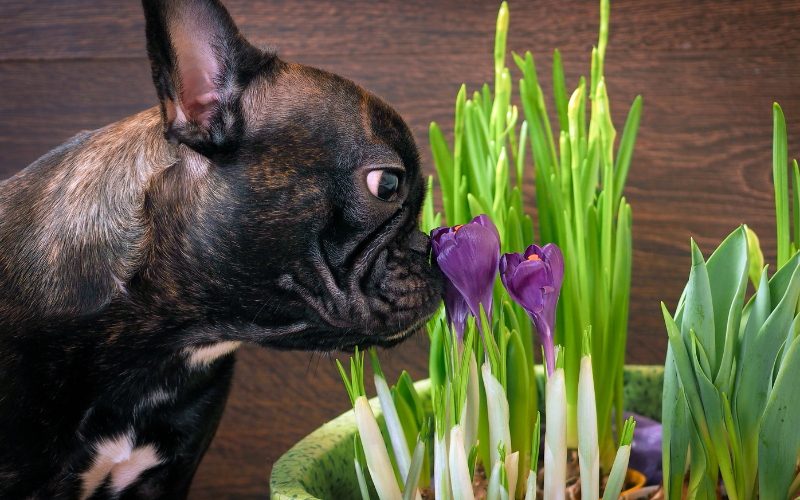
If, however, he fails to respond to any of these methods, there are two other alternatives worth considering to help him cope with fireworks and anxiety: working with a qualified pet therapist to learn behavior modification techniques, or speaking to your vet about prescribing an anti-anxiety medication for him. But, whichever path you choose, follow it with kindness, patience and love. Think back to the sounds that may have frightened YOU as a child and you’ll know just how your precious pet feels.
Advertise With Us
Get exposure for your products and services by partnering with MyDogBlog.
Become An Affiliate
Join MyDogBlog and enjoy the benefits of owning a turnkey digital platform while raising money and awareness of our canine companions.
Banner Ad & Blog
Adult Dog PackageContribute to the ongoing educational efforts of MyDogBlog. Sponsor a featured article regarding all things dog related, from health tips to useful tools to train your pup. We are HUGE advocates for animals rights. Your ads will help support costs to push for stricter laws.


